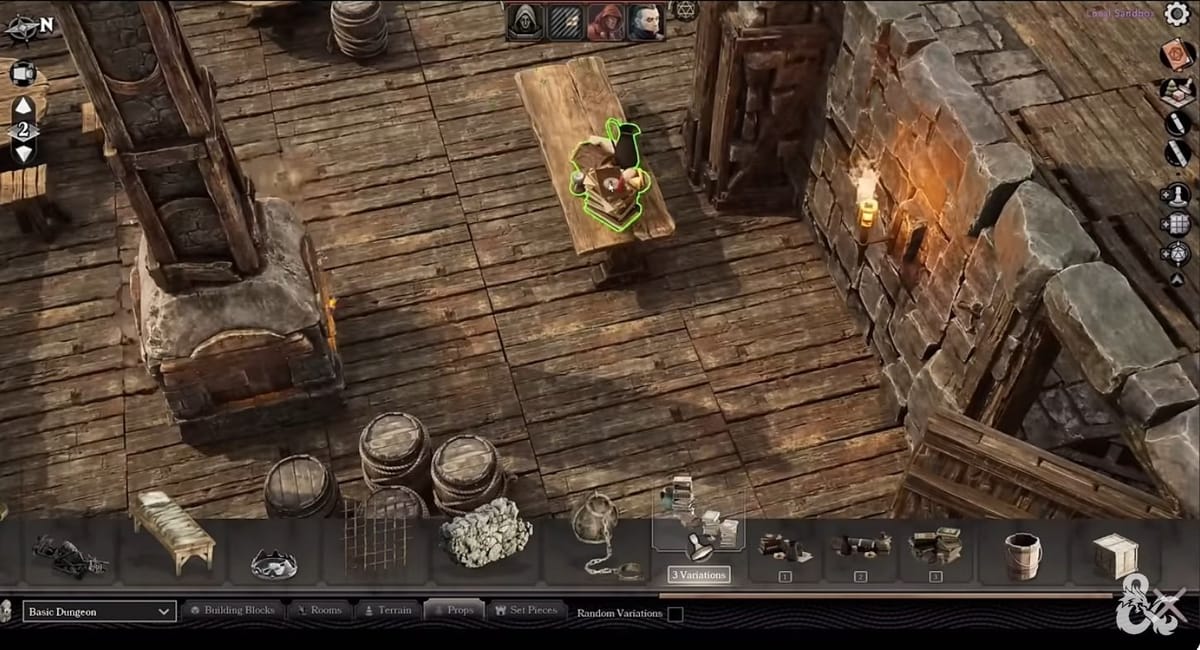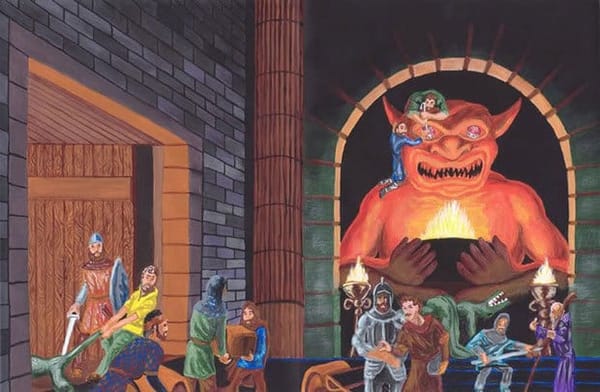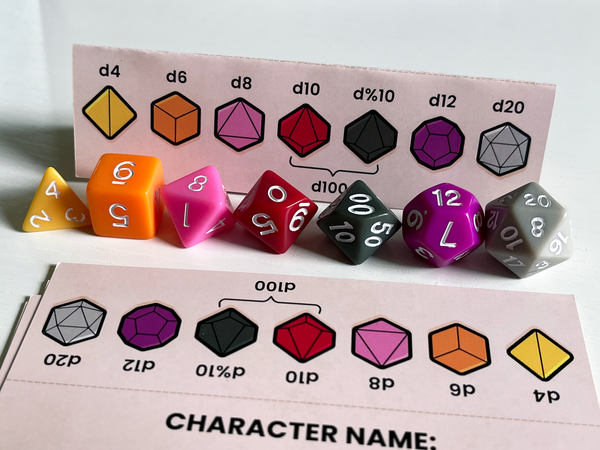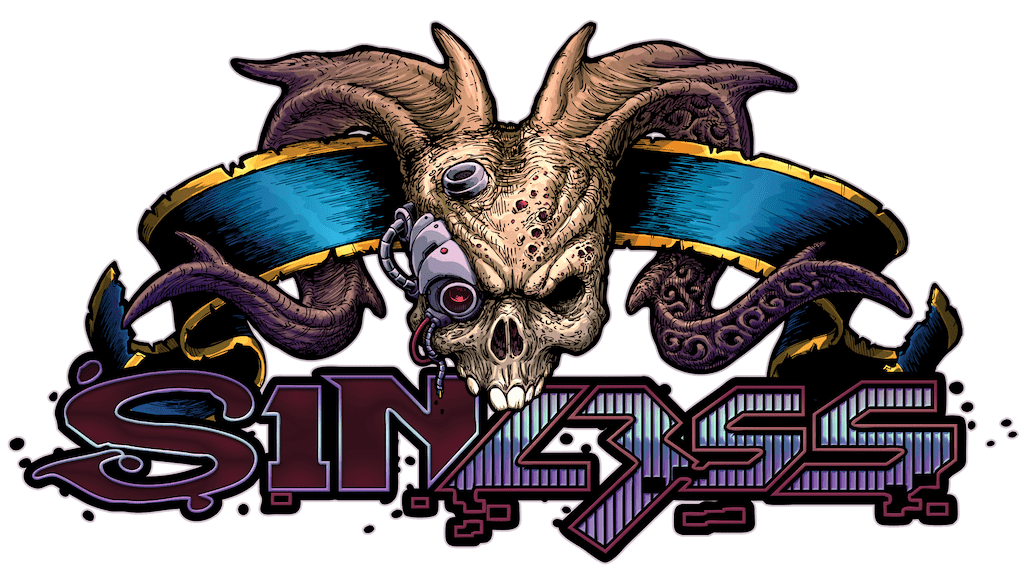The Sigil Situation, and What it Means for the Future of D&D

A little more than 2 years ago, the D&D community was rocked by scandal when the draft text of WotC's proposed updates to the Open Gaming License (dubbed OGL 1.1) was leaked. Thanks to the excellent reporting of Lin Codega, we had serious insight into the planned direction of D&D, and it was very worrying for hobbyists and third party publishers alike.
Thankfully, intense and coordinated community backlash to these changes resulted in not only the OGL remaining unchanged, but also in the entirety of the 5th Edition System Reference Document being released into the Creative Commons as well for people to use. But the wheels had already been set in motion on WotC's business strategy for D&D going forward, and that train wasn't stopping.
What the OGL 1.1 had shown were two obvious truths for D&D going forward; WotC wanted to control and monetize the third party publisher market that had blossomed under the success of 5th Edition, and they wanted to seize control of the nascent Virtual Tabletop (or VTT for short) market that had seen a serious growth in business and competition due to the COVID-19 Pandemic. With OGL 1.1 already being dead in the water, that meant that goal 1 was already dead as well; Wizards had lost their planned leverage to demand royalty payments from top selling third party publishers. They had also lost their ability to control which VTT providers could license the 5E rules. If they wanted to control the digital space now, they would have to do so with a superior product that convinced people to switch their games over from their current provider.
Why go Through all of This?
Before we even talk about Sigil and the layoffs it's important to understand the underlying motivations for this. It is easy to simplify all of this as the general corporate greed and number go up philosophies that power the underlying dystopian capitalism we're forced to live in. But to really understand what's happening to D&D, we need to understand a bit about Hasbro, the Fortune 500 corporate overlord of WotC.
Hasbro's corporate strategy for years has revolved around what they call "core brands". To be a core brand in the Hasbro portfolio, you need to make at least $1 billion a year in revenue. For those not versed in business speak, that is a LOT of money (Hasbro's 2024 Revenue was just over $4 billion). WotC already has one brand that is part of core, and that is everyone's favorite cardboard drug; Magic the Gathering. While revenue on D&D specifically isn't public, general estimates put it somewhere between $150 to $250 million, roughly.
What does being a Core Brand mean though? Hitting this metric means that Hasbro actually takes you seriously and is willing to invest money from other parts of the business to help you grow and succeed. Not being in this exclusive club means that you are on your own; no extra help is coming to fuel your growth.
That means that despite 5th Edition being the most successful version of D&D ever, and despite D&D being far and away the category leader for Tabletop RPGs, Hasbro executives could not possibly care less. The money D&D earns is a rounding error comparatively, and it's not a particularly "high margin" business either because physical coffee table books are expensive to print and ship it turns out.
Now, various CEOs over the years at WotC have promised that D&D is going to become the next big core brand for Hasbro. But the numbers have never really supported that; the global Tabletop RPG market is small and niche from a sales perspective and D&D is already dominating it. For them to somehow increase their revenue by 4 to 6 times, it's not going to come from selling more books.
This is where Digital was supposed to come in and save the day. WotC hired executives from the video games industry (an industry that makes roughly 10x the money that tabletop gaming does) and laid the plans for Sigil, their new VTT. Surely if they could get people to play their games on Sigil, and could monetize it with various micro transactions, that would be the revenue source they desperately needed.
Except that didn't Happen
After some poorly received tests and a public demonstration featuring beloved DM Brennan Lee Mulligan, we found out this week that WotC had laid off 90% of the Sigil team (30 people) and that the remaining 3 people would work on winding down Sigil and integrating it into D&D Beyond. Sources seem to indicate that corporate leadership wasn't really sure what Sigil was supposed to be and lacked any clear direction for the product, which is unsurprising since it was an initiative from WotC's last CEO.

Much like WotC's planned but never released 4th Edition VTT, Sigil will go quietly into the night, probably never to be heard from or used by very many people. Which in some ways is a shame for the VTT market, which is currently ruled by a disparate collection of complicated and somewhat lacking products all vying for your attention (more on that later). But for WotC it's probably a darker sign of things to come for 5th Edition.
Coming off a somewhat confusing...launch? Re-launch? Of 5th edition with the new 2024 core books, where opinions haven't been universally positive and a lot of players aren't really sure if they should buy the new books or stick with their current books. It also underscores the original intent of the books; they were clearly intended to come with OGL 1.1 and a new VTT, neither of which are happening now. To say that WotC has fumbled the bag is an understatement; they have wasted years of money and resources and have very little to show for it.
Sure, they will continue to put out new 5E books for the foreseeable future; they actually have a pretty exciting slate on that front including a reprint of Keep on the Borderlands, assuming they can deliver quality books. But it's hard to imagine these 2024 books having the same 10 year staying power that the 2014 versions had, particularly when WotC continues to make unforced error after unforced error (like when they sent the literal Pinkertons to someone's house). It also doesn't help that former lead 5E designer Mike Mearls, now at Chaosium, seems to be on a sort of revenge tour against his former employer, recently doing an hour long interview with Ben Milton where he describes "where 5E went wrong".
Which is a shame honestly, and I think a world where D&D isn't being managed well is a net negative for RPGs as a whole. 5th Edition being as big as it has been has brought a ton of new people into the medium, and in turn those people sometimes move on to try or create other games. I genuinely don't think any game has the capability to grow the RPG playing audience like D&D does, and I wish it was being run by owners who understood it and gave even the slightest shit about it.
So What VTT Should I Use Then?
As I alluded to above, this is an almost impossible question to answer right now. There isn't a clear "winner" in the space, and even longstanding players like Roll20 and Fantasy Grounds are open to being disrupted by newcomers like FoundryVTT.

It also depends on what you need a VTT to do! Do you just need a virtual dice roller and a whiteboard to throw maps or scenes on to? Maybe Owlbear Rodeo is right for you! Do you want the world's most precise and premium automation for every single rule? You might want to look into the behemoth that is Fantasy Grounds. You also need to figure out if your game system is even supported by the VTT you're looking into, if you'll need to re-purchase content you already own just to have it in the VTT, whether you'll need to invest in hosting or other costs you haven't considered. Simply put, it is a MESS.
When COVID hit, I switched games to Roll20 until I discovered Foundry and made that my permanent home. First it was Starfinder 1st Edition, then a LOT of Pathfinder 2nd Edition, and now I'm currently prepping an Old School Essentials game using it. But Foundry is a highly technical product, you rely a lot on community open source support for various systems and modules, and updates can and will frequently break your entire game! It's a bit like running Linux on a computer for the first time; you might feel really cool but everyone else thinks you are a masochist and when shit breaks you won't know why.
On the flip side, I switched from Roll20 because I didn't want to pay a forever subscription for seemingly basic features (Foundry is a one time purchase of $50 and only the GM needs it). I also vehemently hate the idea that I have to re-purchase things I already own in order to have them actually function within the VTT, and try to avoid this whenever possible.
Just from this brief rant you can see that there was a genuine gap in the market that something like Sigil might have been able to fill. It's a shame that 5E players won't get the incredibly high quality 3D VTT they were promised. Hopefully one day WotC will be able to deliver a good digital product for their fans.





